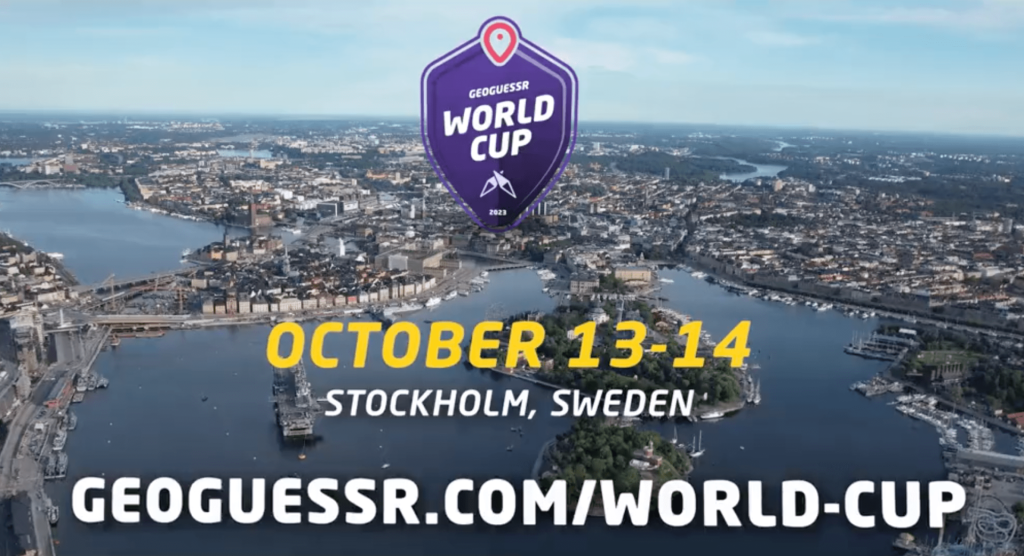
Geography exploration game GeoGuessr will host its first esports world championship this year.
The GeoGuessr World Cup will take place at the Space Arena in Stockholm, Sweden, on October 13th and 14th. There will be a prize pool of $50,000 (~£40,300).
GeoGuessr is a game whereby the player is dropped into a random place anywhere in the world using Google Street View. Players then to try to guess where in the world that place is.
The best players are able to tell where in the world they are, right down to the province or street, despite an apparent lack of clues. Over the last few years GeoGuessr has been popularised on vertical video platforms like TikTok and Instagram Reels, led by Trevor ‘georainbolt’ Rainbolt who has 2.3m followers on TikTok.
To help viewers understand how players can be so accurate, top players will be involved in the Geoguessr World Cup broadcast to offer strategic insight, including the aforementioned georainbolt.
24 players from around the world will compete for the title of world champion in Stockholm. They will be divided into four groups of six, and each match will be two players duelling each other to see who can guess the quickest and most accurately. The group stage will be played in a round-robin format, followed by a playoff to determine the ultimate winner.
Some of the first contestants to be announced are Leon ‘Kodiak’ Cornale from Germany, Tushar ‘MatePotato’ Hasamnis from India, Mathieu ‘Blinky’ Huet from France, Mattias ‘Maccem’ McMullin from Sweden, Oscar ‘Zi8gZag’ Pearce from Australia, and Jake Lyons from the US.
”We have an amazing community with passionate explorers and creators, and with the World Cup, we wanted to gather some of the best GeoGuessr players on the planet at the same place to showcase their amazing knowledge of the world,” said Daniel Antell, Co-founder and CEO of GeoGuessr.
